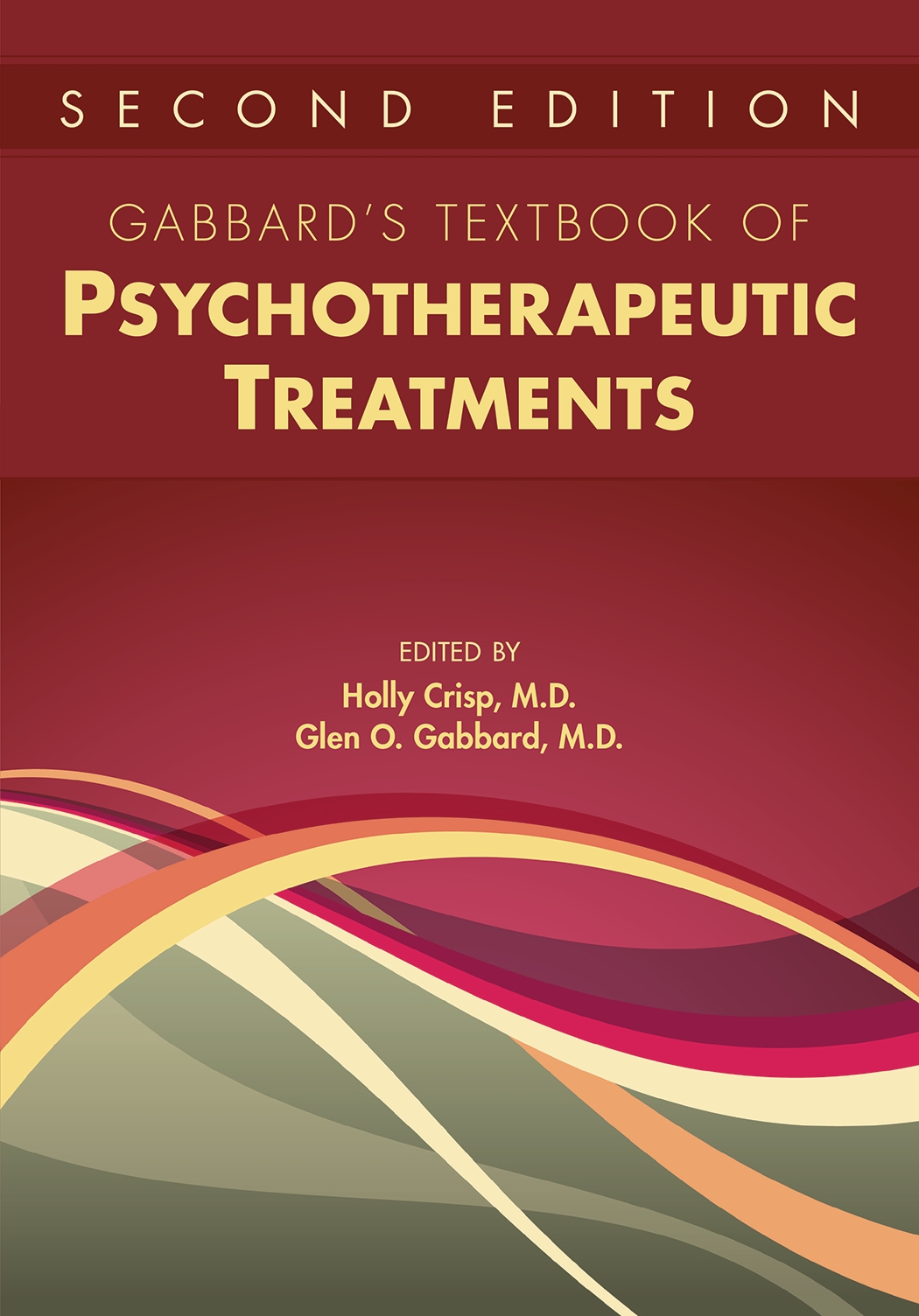Sections
Excerpt
Cognitive-behavioral therapy (CBT) methods are a direct outgrowth of the basic theories and experimental findings on cognitive and behavioral pathology in specific psychiatric disorders. Thus, cognitive-behavioral therapists implement procedures that are directly linked to core theoretical constructs. For example, the cognitive restructuring and exposure and response prevention interventions used for panic disorder with agoraphobia are designed to reverse pathologies of 1) overestimation of risk or danger, 2) underestimation of coping abilities, and 3) avoidance of feared situations.
Access content
To read the fulltext, please use one of the options below to sign in or purchase access.- Personal login
- Institutional Login
- Sign in via OpenAthens
- Register for access
-
Please login/register if you wish to pair your device and check access availability.
Not a subscriber?
PsychiatryOnline subscription options offer access to the DSM-5 library, books, journals, CME, and patient resources. This all-in-one virtual library provides psychiatrists and mental health professionals with key resources for diagnosis, treatment, research, and professional development.
Need more help? PsychiatryOnline Customer Service may be reached by emailing [email protected] or by calling 800-368-5777 (in the U.S.) or 703-907-7322 (outside the U.S.).



